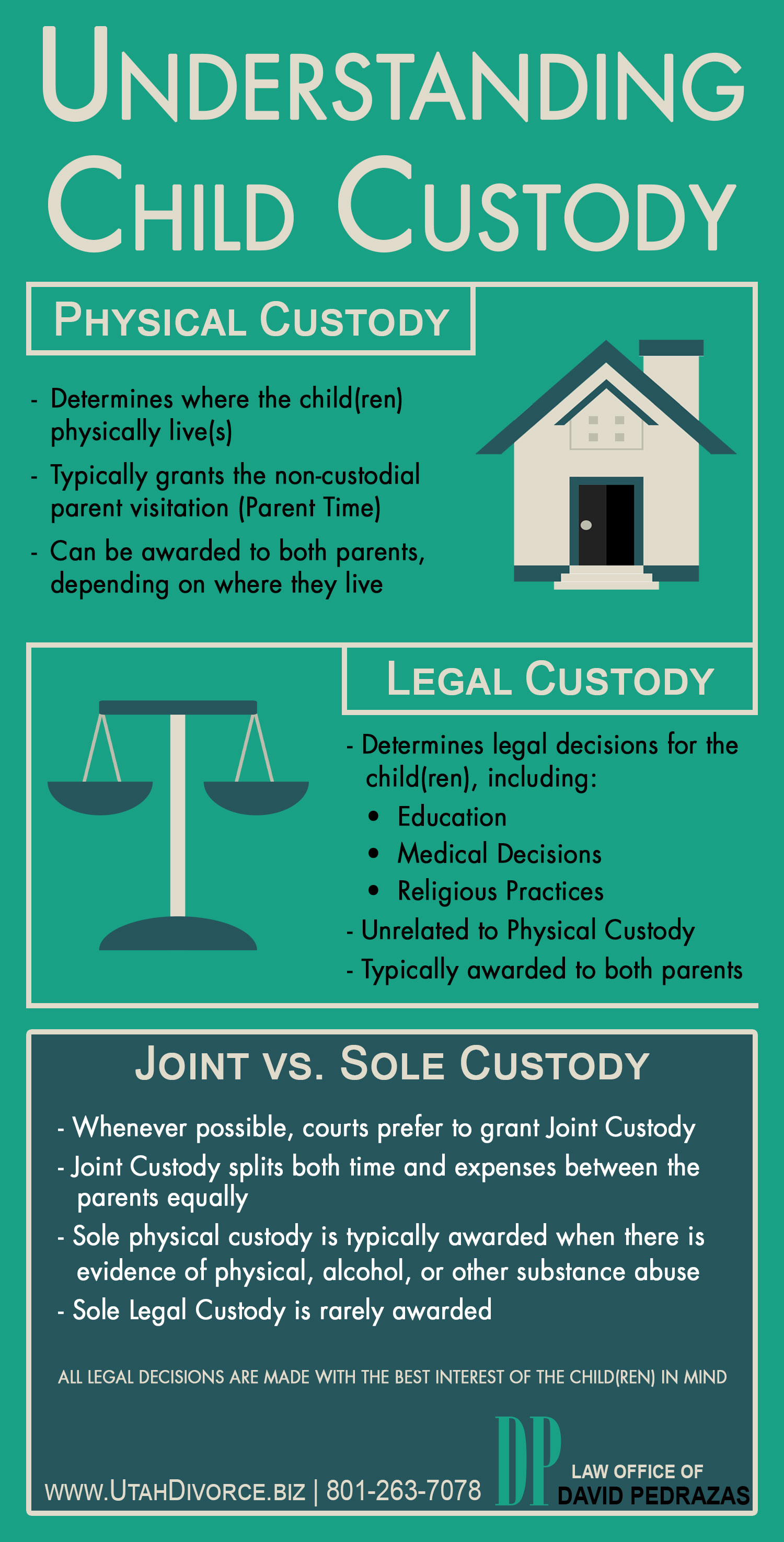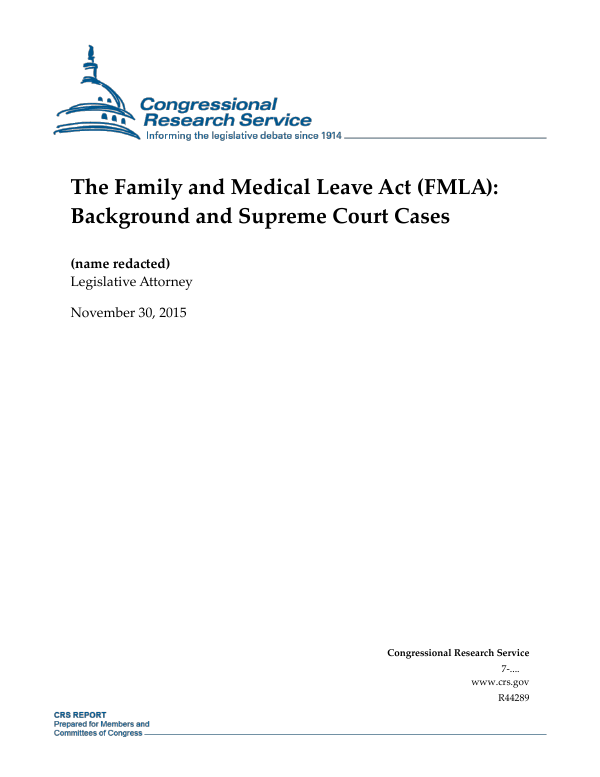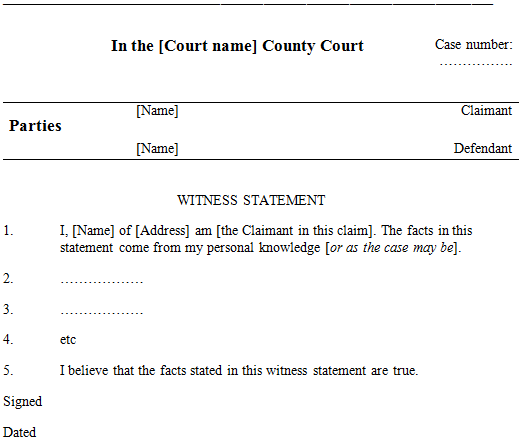Family Court Review invites articles concerned with all aspects of family law, family courts, and the resolution of family disputes. International perspectives on these topics are strongly encouraged. Every family law case will be screened for allegations of physical or sexual abuse of a party or child along with other domestic violence issues. In these types of cases, any party or counsel may request an expedited pendente lite hearing by filing the appropriate motion and a motion to shorten time.
Rule and must include the required written certifications of failure to reach agreement and notice. Although the rule itself does not specify a time requirement for notice, the Court requires that 24 hours advance notice be provided before the motion to shorten time may be granted ex parte. The motion to shorten time shall promptly be presented by the clerk to the designated chambers Judge for ruling. The motion for expedited pendente lite hearing will be ruled on by the DCM Judge or designee.
The program is part of a state-wide effort to improve the accessibility of the court system to the public. A family court facilitator can inform self-represented litigants of court procedures and available court forms, review documents, and provide information about legal services and other resources available in the community. Though Mr. Darren Shapiro, as your family lawyer, may have a trial or hearing presided over by a judge, support magistrates must listen to paternity, child, or spousal support cases. On the other hand, individuals known as "court attorney referees" can hear cases regarding orders of protection, custody, visitation, and certain matters concerning foster care.
Visitation and custody matters can also be heard by judicial hearing officers, alongside adoption cases, some issues of family offense, and matters regarding voluntary placement for foster care. Notably, within a family setting, there is no jury - and all magistrates that deal with Family Court proceedings will have undertaken specialist extensive training before handling any case. Self-Help Services provides free assistance to individuals without an attorney. Our staff can provide legal procedural information, legal forms, answer most questions regarding processes and procedures, and review most completed forms. Assistance is provided for family law, child support matters involving the Department of Child Support Services, probate, civil, residential landlord/tenant, and criminal/traffic matters.
Self-Help staff does not provide legal advice or attorney representation. Many of our services are provided in-person or remotely, depending on your legal matter and needs. In New York, the family court does not deal with matters of divorce, nor does it manage matters of equitable distribution regarding property claims and marital assets.
In many situations, the most effective way to establish an early and workable final parenting plan for the children is by a mutual agreement between the parents. Sometimes the parents can work out the outlines of an agreement between themselves for a lawyer to finalize in an agreed child custody order, but this is often a difficult undertaking with often many layers of underlying conflict between the parents. If such an agreement cannot be made between the parties, our family law attorneys can help mediate child custody issues between you and the other parent in order to obtain a successful settlement. We utilize mediation frequently in child custody cases, and we believe mediation is often a very successful tool to help parents resolve their disputes early and with less expense than through litigation, and minimize future conflict. The staff of the Family Law Facilitator's Office is available, at no cost, to help unrepresented parents and parties who have questions about family law issues.
They can help prepare court forms and provide general legal information. The FLF is staffed by court attorneys, paralegals, and clerks with experience in family law. The FLF does not assist parents or parties who have an attorney of record on file. The attorneys at the FLF are not your lawyers, but are neutral court employees who do not represent any parent or party and may provide information and services to all parties in the case. It's worth noting that both parties involved within any case will have the right to appeal the final order that is given by the court attorney, referee, or judge. Mr. Darren Shapiro offers assistance to clients presenting their case for the first time, as well as though who wish to create a formal appeal.
Usually, the first step in contesting a decision by a support magistrate is a written objection, which will be reviewed by the Family Court Judge. If that objection does not yield beneficial results, an appeal may become necessary. In simple terms, an appeal requests for a higher court to consider the nuances of the case, and for a support magistrate's decision to be formally appealed, an objecting party must first file and serve their "objection" within family court.
When an objection is filed, the parties involved could "win" before an appeal even becomes necessary, should the judge decide to overturn a decision. Child abuse and neglect petitions may charge that the parent, guardian or a person legally responsible for a child has neglected or abuse the child. Neglect and abuse may include causing emotional or physical harm or risk of harm to the child. It may also include failing to protect a child from harm caused by other people.
The charge of abuse or neglect must be proven at a fact-finding hearing held in Family Court. If the case is not proved, the child must be returned to the parent or guardian. If the court finds that abuse or neglect occurred, it may issue an order requiring the removal of the child from the home for a period of up to twelve months. The order may also direct the parent or guardian to participate in programs and services designed to help eliminate the problems that caused the abuse or neglect.
A strict continuance policy will be followed for all family law matters since parties and counsel will have had the opportunity to provide scheduling input at the time of the scheduling conference or pre-trial settlement conference. Scheduled events, including pre-trial settlement conferences, will not be postponed merely by the consent of the parties or because discovery or alternative dispute resolution has not been completed. The fee for mediation may be waived if a motion for waiver of family services fees, supporting affidavit and related documents are filed within 15 days of the Order for mediation.
Information and forms for the waiver are provided by the family law division. When a motion for waiver of family services fees and supporting affidavit is received, it will be reviewed by the family law administrator and forwarded to the Administrative Judge for consideration. If the litigant is eligible for a fee waiver, the Court may enter an amended Order for custody/visitation mediation referring the parties to the Anne Arundel Conflict Resolution Center where mediation services will be provided at no charge.
Alternatively, the Court may request that a Court certified mediator provide mediation services at no charge to a litigant. Parties involved in custody and visitation matters where there are no allegations of physical or sexual abuse of a party or child will be ordered to attend mediation. The Court may vacate the Order for custody and visitation mediation if a fully executed comprehensive agreement or consent Order is filed by the parties or counsel and approved by the Court within 15 days after the date of the scheduling conference. You are not required to hire an attorney, but child custody cases are often factually complicated and require the presentation of witnesses and documents. If you represent yourself in court, you will be held to the same rules of evidence and procedure as a licensed attorney. Court officials, such as judges and clerks of court, cannot provide you with legal advice about your rights and obligations or the likely outcome of your case based on your family's circumstances.
See the Find an Attorney Help Topic for more information about finding an attorney to represent you. The decision of a judge can be appealed with an Appellate division, and this can result in the final determination of a case being modified, reversed, or affirmed. In any situation, the complexity of family law, the appeal process, and the legal journey ensures that it is always important to have a professional attorney like Mr. Shapiro on hand to offer expert assistance. For more information about the Family Court, and family court proceedings, please reach out to us.
If you would like to access Mr. Shapiro in your Family Court case, please contact us to schedule your free initial consultation - it would be our pleasure to speak with you. This study investigated the content of lawyers' affidavit material presented to the court in a small sample of custody and visitation cases. The aim was to identify factors lawyers perceived as significant to the judicial decision-making process.
Results revealed that solicitors focussed primarily on the interparental conflict. Descriptions of children, feelings, behaviours, and attachments formed a minor part of their argument. A more detailed analysis revealed that the gender of the solicitor defined the nature, length, and emotional content of the argument to the court. Scheduling Conferences in family law matters will be conducted by a Scheduling Conference Administrator unless otherwise directed by the Court. All matters that were previously considered at scheduling conferences in accordance with this Court's DCM plan will remain in place, with the following exceptions. If divorce testimony will be taken at the time of the scheduling conference or if testimony in support of a show cause hearing for failure to appear at a previous scheduling conference is required, the case will be transferred to another courtroom.
Testimony will be taken by a judge or a sitting magistrate at the same date/time. Proceedings before a Magistrate are subject to the provisions set forth in the Maryland Rules governing the use of Magistrates (Md. Rule 2-541). Normally, pendente lite hearings should be requested and will be set, if necessary, at the time of the scheduling conference. If a need for a pendente lite hearing arises after the scheduling conference, the party seeking a pendente lite hearing must do so by written motion outlining any substantially new information or developments which necessitate the requested relief.
Once the time has passed for a response, which may be shortened in accordance with Md. Rule upon request of counsel or a party, the motion will be considered by the DCM Judge or designee and if the request is granted, scheduled by the assignment office as directed by the court. In such cases the court may hold a separate trial to deal with those allegations first, before going on to think about what is best for the children.
The judge will decide on the balance of probabilities whether something did or did not happen (See I don't understand how courts work). Clatsop County Circuit Court offers two different kinds of trials in family law cases, an Informal Domestic Relations Trial and a traditional trial. The IDRT is a simpler procedure for people without lawyers, although lawyers also may use it.
The Court offers IDRT because traditional trials require parties to follow the rules of evidence and the court rules, which can be more difficult for people without lawyers. In IDRTs, the judge asks the questions and the parties can give the judge written statements from witnesses. At all review hearings, the court is required to make findings as to compliance and progress concerning the parents, the child, and the supervising agency with respect to the services and case plan. Upon leaving a review hearing, the parties should have a clear understanding as to their compliance and progress, or lack thereof, as well as the direction of efforts to be made prior to the next scheduled review hearing. To avoid confusion later, let us take a moment to discuss the distinction between a "hearing" and a "trial" — as they are not the same thing.
An appeal is also a specific proceeding with appellate court rules. Sometimes a hearing involves the presentation of evidence by the parties. In that sense, the evidentiary hearing may be commonly referred to as a trial — but it is really more of a mini-trial. If a hearing is conducted, and neither party presents evidence, then the hearing does not resemble a real trial at all. In the family law context, many, if not most, hearings are held on motions that raise issues of law, not fact, and so do not involve the presentation of evidence. In cases where the parties are unable to agree on a parenting plan or there is a child related dispute, the court may appoint an AMC to be the child's attorney.
Just as the parents may have their own attorneys advocating on their behalf, the AMC represents the child's wishes and advocates on the child's behalf. The AMC can speak in court on all matters pertaining to the interests of the child including custody, care, support, education and visitation. The AMC can also file motions and call witnesses on behalf of the child in court. Unlike a GAL, an AMC does not testify as a witness, but participates fully as a lawyer in the case.
Sometimes a parent or guardian feels unable to care for a child and temporarily gives away the right to custody to a social service agency either for a short time or permanently. The agency which takes custody of a child must ask the court to review and approve that action. The parent must be given notice of this hearing and have his or her side heard in court. The law requires that when a child has been voluntarily placed in foster care for more than thirty days, this hearing must take place and the parents must be told about the date of this hearing. The parents or guardian, a social worker, and a member of the agency involved should be at the hearing.
The judge will decide if the placement is voluntary and necessary. FLICs are in all family courts to assist people who are involved in the family law process, particularly those who are not represented by a lawyer. FLICs provide people with free user-friendly information about family law and family court processes. Court staff can provide appropriate court forms and general information about court procedures.
What Does Case Review Mean In Court Mediation, where you and the other party privately meet with a trained, neutral third party who tries to help you communicate to reach a voluntary agreement to resolve your family law issues. Unlike a lawyer or a judge, the mediator will not give legal advice or make any decisions for you. Before assistance can be provided, you will be required to fill out and sign an Intake/Disclosure form. The form requests basic information from you, such as your name, address, telephone number, etc., court and case related information, and what type of assistance you are seeking.
It also discloses required statutory information about the FLF program. A staff person will review your intake form with you and determine if the assistance you are seeking may be provided by the FLF. If so, procedural assistance will be provided, including guidance on completing court forms and information about the family law court system. If assistance cannot be provided, a referral to an alternate agency or service provider may be given.
When you are a client of Anderson & Boback we meet with you on a regular basis to determine what your needs are and how we'll best accomplish what you need. Sometimes we can negotiate with the other side and get an agreement, and sometimes we cannot. Most cases end up in a settlement whereby the parties sign an agreement that resolves all of the issues, including division of assets and how time will be spent with the children. These settlement agreements can be done by lawyer-led negotiations before or after filing, at mediation, at an impromptu settlement conference, or even on the eve of trial.
The first court appearance is called the first directions hearing. The judge decides how the case will proceed depending on the circumstances in the case. They need to gather information to be able to make a decision so they may require documents to be submitted, for example, statements of evidence. They may ask the Court Children's Officer to visit the parents and children and prepare a report. If the child is at risk, the judge may appoint a lawyer to represent the child's best interests. When a relationship breaks down and parties are not able to agree where the child should live, how much time to spend with the child and how the child should be brought up and so forth, very often parties will ask the courts to make a decision.
Your barrister can provide legal advice on your case preparation; draft documents, advice on evidence, the law and the court's practice procedure to assist you put your best case forward. This article presents the theoretical importance and practical applications of mediative strategies in family conflicts where sexual abuse allegations are involved. Traditional approaches often further the breakdown of the family and harm the children. The linear nature of the legal system in which these conflicts are played out, the strong moral and cultural influences in issues concerning sexuality, and the approach of the professionals involved are factors considered. When multiple professionals intrude simultaneously on a family, there is severe disruption of the boundaries and internal hierarchy of the system. The process of mediation allows for effective conflict management because it is premised on systemic problem solving.
The article catalogues specific mediative skills, strategies, and techniques that can be applied. It also encourages the use and incorporation of mediation in court systems to more effectively manage family conflicts such as divorce and juvenile matters, where sexual abuse is often alleged. The actual dates of mediation will not be selected at the scheduling conference. The parties will schedule their own appointments with the custody/visitation mediator and will be ordered to complete mediation of all custody/visitation issues by a date prior to their pre-trial settlement conference.



























No comments:
Post a Comment
Note: Only a member of this blog may post a comment.